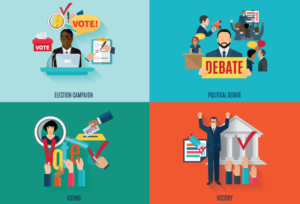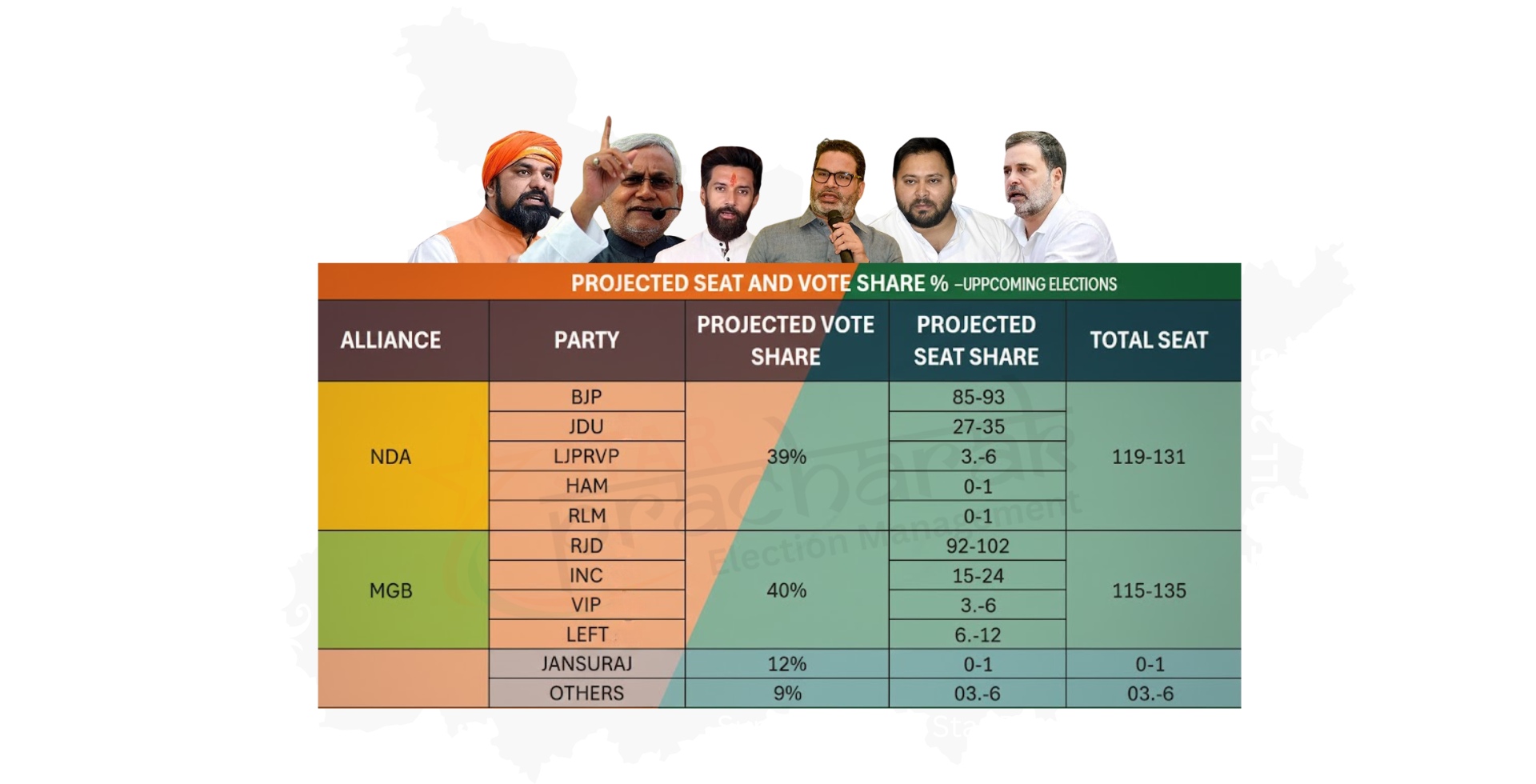Get Free Consultation!
We are ready to answer right now! Sign up for a free consultation.
I consent to the processing of personal data and agree with the user agreement and privacy policy
We are online 24/7
We are ready to answer right now! Sign up for a free consultation.
I consent to the processing of personal data and agree with the user agreement and privacy policy
Digital media campaigns have become an integral part of political campaigns worldwide, including in India. With the increasing use of social media, online platforms, and digital technologies, political parties and candidates leverage digital media campaigns to connect with voters, mobilize support, and shape public opinion. Here are some key aspects of digital media campaigns in politics:
Social Media Strategy: Developing a well-defined social media strategy that aligns with the overall campaign objectives, identifies target audiences, and outlines the key messages and content to be shared on social media platforms.
Content Creation: Creating engaging and shareable content, including text, images, videos, infographics, and memes, that resonates with the target audience and conveys the party's or candidate's key policy proposals, vision, and promises.
Social Media Platform Selection: Identifying and selecting the most relevant social media platforms, such as Facebook, Twitter, Instagram, YouTube, and WhatsApp, based on the demographics and preferences of the target audience.
Paid Advertising: Running targeted online ads on social media platforms, search engines, and other digital platforms to reach a wider audience, promote key messages, and increase visibility.
Website and Blogging: Developing and maintaining a campaign website or blog that provides information about the party or candidate, policy positions, upcoming events, and ways for supporters to get involved.
Email and SMS Campaigns: Using email and SMS campaigns to reach out to supporters, share updates, and solicit donations or volunteer efforts.
Data Analytics: Analyzing data from digital media campaigns, including website traffic, social media engagement, and online polls, to evaluate the effectiveness of the campaign strategies and make data-driven decisions.
Online Events and Webinars: Organizing online events, webinars, and virtual town halls to engage with supporters, discuss key policy issues, and answer questions from the public.
Influencer Engagement: Identifying and engaging with social media influencers, bloggers, and other online personalities who can endorse the campaign's message, amplify reach, and mobilize support.
Compliance with Election Laws: Ensuring compliance with election laws and regulations, including the code of conduct set by the Election Commission of India, while conducting digital media campaigns, including maintaining financial transparency, avoiding hate speech, and adhering to the principles of fair campaigning.
Digital media campaigns in politics offer a cost-effective and efficient way to connect with voters, mobilize support, and shape public opinion. However, it is important to ensure compliance with election laws, ethical considerations, and strategic use of digital media tools to maintain transparency, credibility, and effectiveness of the campaign efforts.

We are ready to answer right now! Sign up for a free consultation.
I consent to the processing of personal data and agree with the user agreement and privacy policy

